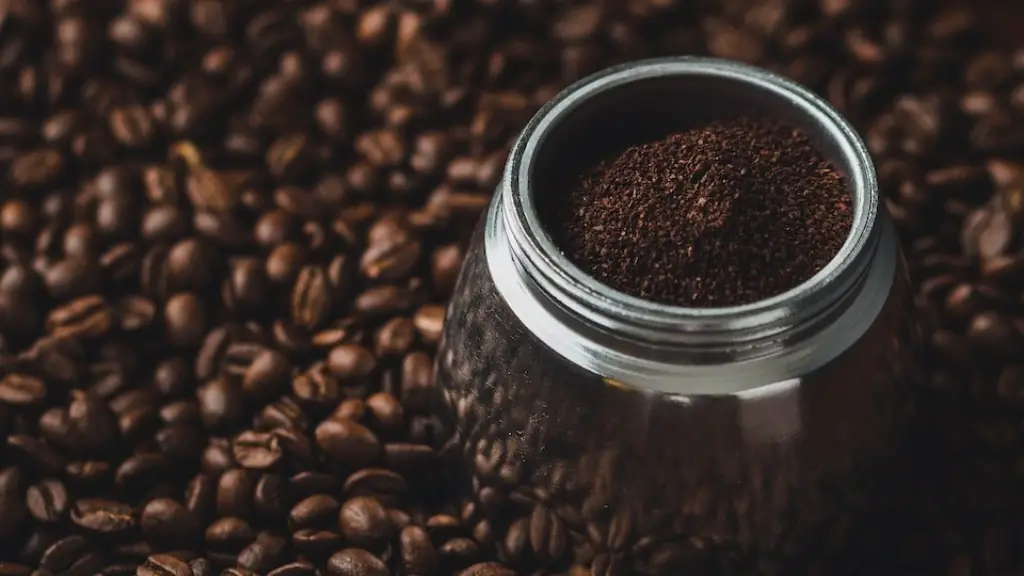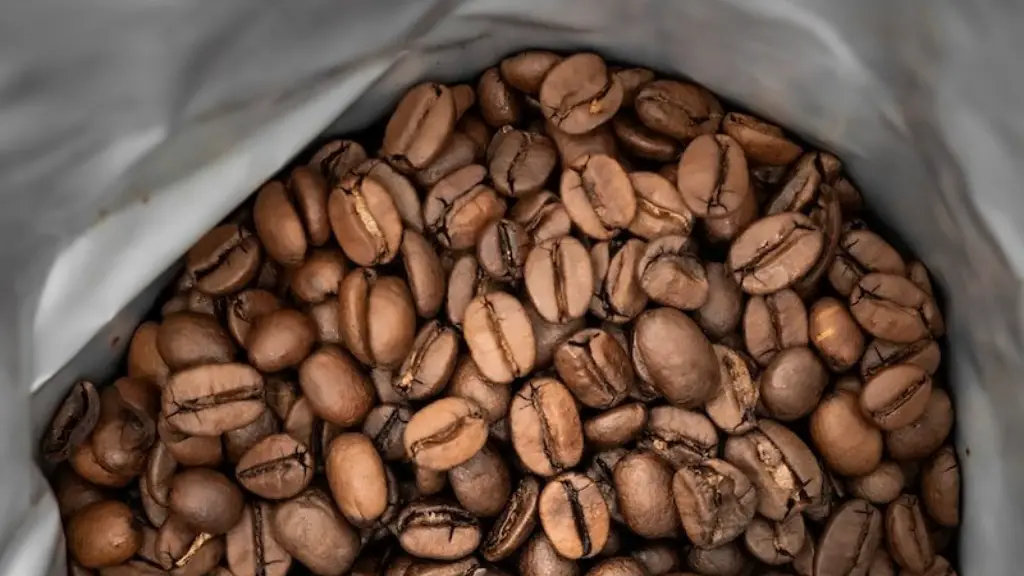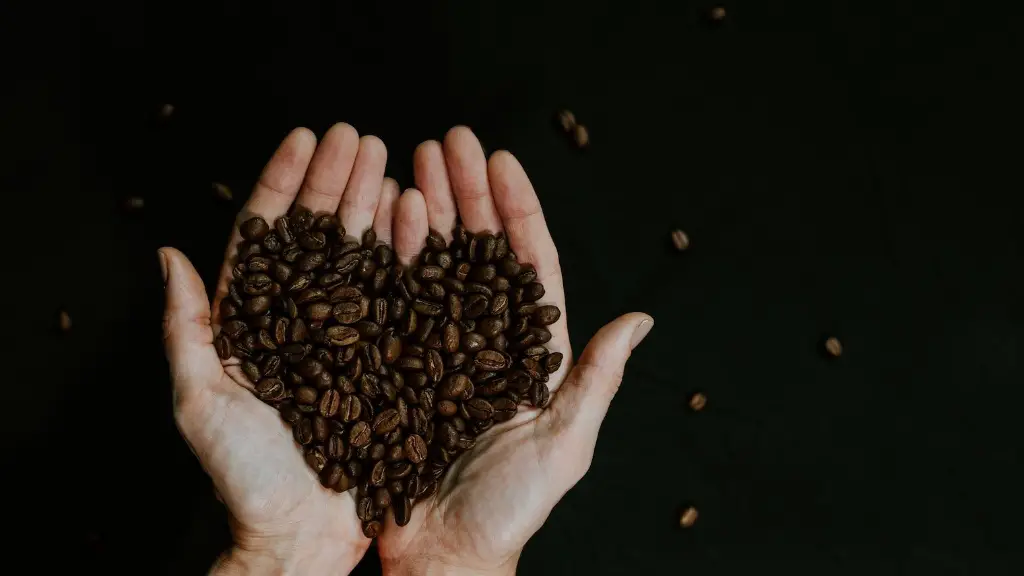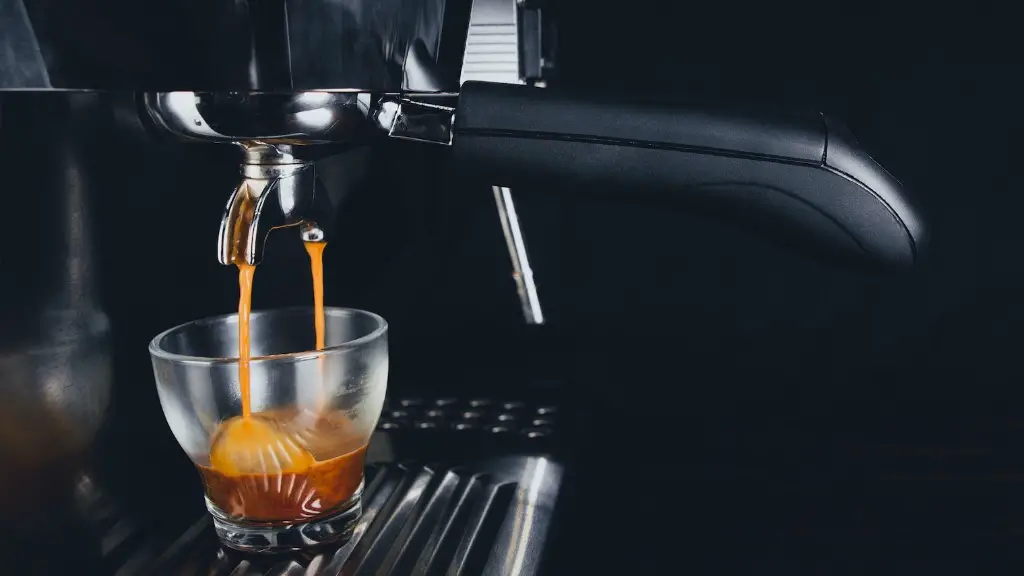Diverticulitis is a condition where diverticula (small pouches) form on the inner lining of the colon.
If these diverticula become inflamed or infected, it can lead to severe abdominal pain, nausea, fever and constipation.
Given the inconvenience of diverticulitis, it is a common question for the sufferers. The question is, can you drink coffee when you have diverticulitis?
The answer is yes, but with certain cautionary measures.
Many experts recommend decreasing coffee, caffeine and other stimulant intake when treating diverticulitis. This is mainly due to the fact that caffeine can increase gut motility and speed, thus making it harder for digestion. This in turn things like diarrhea or constipation.
So, drinking coffee with diverticulitis is limited to those moments of pleasure. Coffee contains caffeine which can interfere with bowel inflammation and can trigger pain, however, those with mild cases of diverticulitis can in fact drink coffee in moderation.
Nutritionists and dietitians, who specialize in gut health, recommend using alternatives to coffee, such as decaffeinated teas and coffee, as these have fewer stimulating effects and will not aggravate the diverticulitis symptoms. Decaffeinated coffee or teas can also be prepared in the same way as regular coffee and teas, which can still provide a pleasant experience.
In addition to reducing the intake of coffee and caffeine, experts recommend avoiding alcohol, spicy and fried foods, refined and processed foods, as they can all lead to diverticulitis symptoms.
However, it is important to consult a doctor or nutritionist specializing in gut health to determine the ideal diet based on type and severity of diverticulitis. This is the most reliable and efficient way to understand the dietary options suitable to each individual situation.
Nutrition and Lifestyle
In addition to reducing or avoiding certain types of foods and drinks, experts suggest that those with diverticulitis also adopt healthy lifestyle changes.
These include avoiding smoking, getting regular physical activity and relaxation practices, such as yoga, in order to reduce stress levels.
Nutritionists recommend including a well balanced diet rich in fiber, fruits, vegetables and whole-grains, as this will prevent constipation.
Naturally, incorporating probiotic-rich foods into diets can promote a healthy digestive system, as the probiotics help to reduce inflammation in the gut.
When attacks of diverticulitis reoccur, experts recommend avoiding hard exercises as this could lead to complications.
Finally, it is always recommended to seek medical advice when making changes to diets and lifestyle.
Medical Treatment
When it comes to treating diverticulitis, doctors generally prescribe antibiotics, anti-inflammatory pain medication, and always make sure that the patient is well hydrated.
Surgery may be necessary in the more severe cases, however, this will depend on individual circumstances.
If medications have not helped to resolve the symptoms, or if there is an abscess of a fistula present, surgery may be necessary.
Surgery for diverticulitis is generally done by removing the diseased part of the colon and reattaching the other sections in a procedure called resection.
Surgery for diverticulitis is generally successful and has been shown to improve the quality of life for those affected.
Recovery time from surgery usually takes between 4 and 6 weeks, during which special care should be taken with diet and lifestyle changes.
Alternative Treatments
While managing diverticulitis, alternative treatments may be beneficial to improve symptoms and overall health.
This includes foods such as oatmeal, oat bran, nuts and seeds, fish, poultry, beans and lentils, as well as probiotics.
According to some studies, olive oil may be beneficial in improving digestive health and reducing inflammation, thus making it a highly recommended oil for those suffering from diverticulitis.
Shifting to a vegetarian or vegan diet can also have positive effects as these diets are low in fat and high in fiber, which can help to prevent constipation.
Herbal teas, such as chamomile, green tea, ginger and peppermint, are known to lessen digestive discomfort.
It is always recommended to consult a doctor or nutritionist before making any changes to the diet.
Prevention
Finally, it is important to be aware of the best ways to prevent diverticulitis.
By avoiding constipation and straining while going to the toilet, experts recommend drinking plenty of water, exercising regularly and eating a healthy diet.
It is also recommended to consume more than 20 g of dietary fiber daily in order to maintain digestive health and promote regular bowel movements.
A healthy diet with plenty of water and exercise, avoiding smoking, and reducing stress levels and caffeine can all help to prevent diverticulitis.





